Chia seeds have gained immense popularity in recent years, often hailed as a superfood due to their outstanding nutritional profile. These tiny seeds pack a powerful punch when it comes to health benefits, making them an essential addition to any diet. In this article, we will delve into the numerous advantages of chia seeds, their nutritional components, and practical ways to incorporate them into your meals for enhanced wellness.
Chia seeds are derived from the Salvia hispanica plant, native to Mexico and Guatemala. These seeds are tiny, oval-shaped, and can be black or white. Their versatility allows them to be incorporated into a variety of dishes, from smoothies to baked goods, making them a favorite among health enthusiasts.
The term superfood is often used to describe foods that are exceptionally nutrient-dense and beneficial for health. Chia seeds fit this description perfectly. They are rich in essential nutrients such as omega-3 fatty acids, protein, fiber, and various vitamins and minerals, which contribute to their reputation as a health powerhouse.
Chia seeds are a nutritional treasure trove. They contain:
- Omega-3 Fatty Acids: Important for heart health and reducing inflammation.
- Dietary Fiber: Supports digestive health and promotes a feeling of fullness.
- Protein: Essential for muscle repair and growth.
- Micronutrients: Including calcium, magnesium, and phosphorus, which are vital for bone health.
The high levels of omega-3 fatty acids in chia seeds can significantly improve heart health. These fatty acids help lower cholesterol levels and reduce inflammation, thereby decreasing the risk of heart disease. Regular consumption of chia seeds can lead to improved cardiovascular function and overall heart health.
Chia seeds are an excellent ally for those looking to manage their weight. The soluble fiber in chia seeds absorbs water, expanding in the stomach and creating a feeling of fullness. This can help control appetite and reduce overall calorie intake, making it easier to achieve weight loss goals.
The fiber content in chia seeds promotes healthy digestion. When mixed with liquid, chia seeds form a gel-like substance that aids in bowel regularity and prevents constipation. Additionally, this fiber supports a healthy gut microbiome, which is crucial for overall digestive health.
Chia seeds are loaded with antioxidants, which help combat oxidative stress in the body. These compounds protect cells from damage caused by free radicals, potentially reducing the risk of chronic diseases such as cancer and heart disease. Including chia seeds in your diet can enhance your body’s defense mechanisms.
Incorporating chia seeds into your daily meals is easy and delicious. Here are some ideas:
- Add chia seeds to smoothies for an extra nutritional boost.
- Mix them into oatmeal or yogurt for added texture and fiber.
- Use them in baked goods like muffins or bread.
- Create a chia pudding by soaking seeds in milk or a milk alternative overnight.
While chia seeds are generally safe for most people, consuming them in excess may lead to digestive discomfort. It is recommended to start with a small amount and gradually increase your intake, ensuring you drink plenty of water to aid digestion.
Chia seeds are widely available in health food stores, supermarkets, and online. When purchasing, look for organic, non-GMO options to ensure you are getting the highest quality seeds.
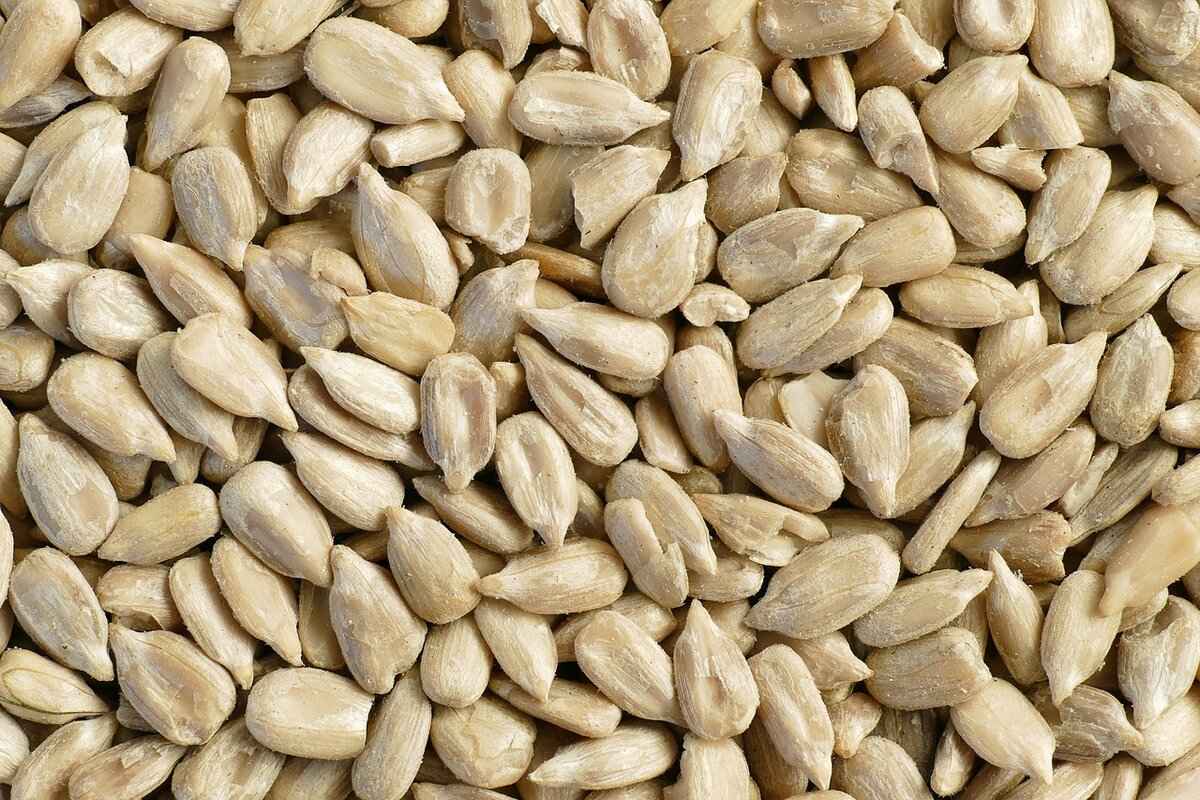
What Are Chia Seeds?
Chia seeds, derived from the Salvia hispanica plant, are tiny seeds that come in both black and white varieties. These seeds have gained immense popularity in recent years, primarily due to their remarkable nutritional profile and versatility in various culinary applications. Rich in essential nutrients, chia seeds have become a staple in health-conscious diets, making them a must-have superfood.
Originating from Central America, chia seeds were a significant part of the diet of ancient civilizations such as the Aztecs and Mayans. They were valued not only for their nutritional benefits but also for their ability to provide sustained energy. Today, they are celebrated for their high content of omega-3 fatty acids, fiber, protein, and various micronutrients.
One of the most notable features of chia seeds is their incredible fiber content. In just one ounce (about 28 grams), chia seeds provide approximately 10 grams of fiber. This makes them an excellent choice for promoting digestive health. The soluble fiber in chia seeds absorbs water and forms a gel-like substance, which aids in digestion and helps prevent constipation.
Moreover, chia seeds are packed with omega-3 fatty acids, specifically alpha-linolenic acid (ALA). These healthy fats are essential for heart health, as they help reduce inflammation and lower cholesterol levels. Incorporating chia seeds into your diet can contribute to improved cardiovascular health and a reduced risk of heart disease.
In addition to their heart-healthy properties, chia seeds are also a great source of plant-based protein. With about 4 grams of protein per ounce, they can be a valuable addition for those looking to increase their protein intake without consuming animal products. This makes them particularly appealing to vegetarians and vegans.
Chia seeds are also rich in several important micronutrients, including calcium, magnesium, and phosphorus. These minerals play a crucial role in maintaining bone health and supporting various bodily functions. For instance, calcium is vital for strong bones and teeth, while magnesium is essential for muscle function and energy production.
Another significant benefit of chia seeds is their antioxidant content. Antioxidants help combat oxidative stress in the body, protecting cells from damage and potentially reducing the risk of chronic diseases such as cancer and diabetes. The antioxidants found in chia seeds include quercetin, chlorogenic acid, and caffeic acid, which contribute to their overall health benefits.
Incorporating chia seeds into your diet is simple and versatile. They can be added to smoothies, salads, oatmeal, yogurt, or even baked goods. One popular way to enjoy chia seeds is by making chia pudding, which involves soaking the seeds in milk or a milk alternative until they expand and create a delicious, nutritious snack.
However, it is essential to consume chia seeds in moderation. While they are generally safe for most people, excessive consumption may lead to digestive discomfort due to their high fiber content. It is advisable to start with small amounts and gradually increase your intake while ensuring you drink plenty of water.
When purchasing chia seeds, look for organic and non-GMO options to ensure you are getting the highest quality product. They are widely available in health food stores, supermarkets, and online retailers, making them easily accessible for anyone looking to enhance their diet with this superfood.
In summary, chia seeds are a nutrient-dense food that offers numerous health benefits. Their unique composition of fiber, omega-3 fatty acids, protein, and antioxidants makes them an excellent addition to a balanced diet. Whether you’re looking to improve heart health, support digestion, or simply add more nutrients to your meals, chia seeds are a fantastic choice.
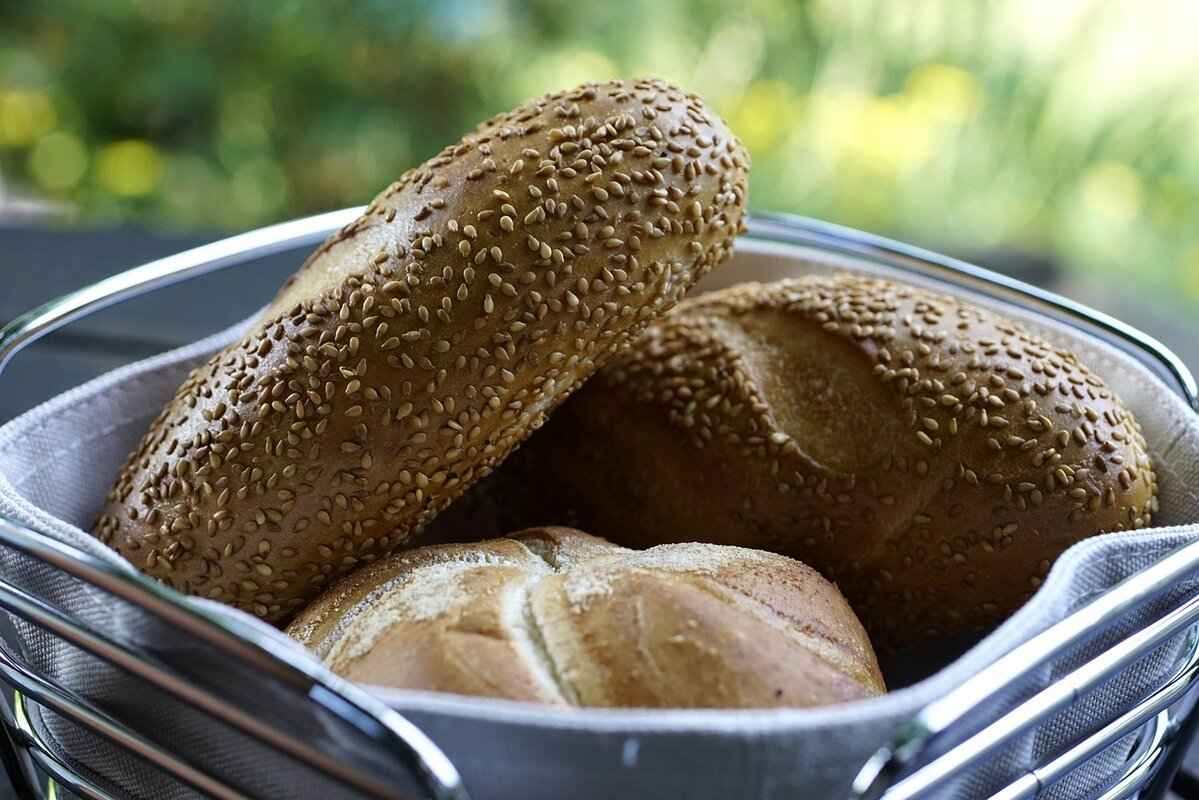
Why Are Chia Seeds Considered a Superfood?
Chia seeds have gained immense popularity in recent years, often hailed as a superfood. But what exactly makes these tiny seeds so special? Their impressive nutrient profile is the primary reason they are classified as a superfood. Let’s delve deeper into the nutritional benefits of chia seeds and explore why they are essential for a healthy diet.
Chia seeds are packed with a variety of nutrients, including:
- Essential Fatty Acids: Chia seeds are one of the richest plant sources of omega-3 fatty acids, particularly alpha-linolenic acid (ALA), which is vital for heart health.
- High Fiber Content: With about 10 grams of fiber per ounce, chia seeds promote digestive health and help maintain a feeling of fullness.
- Protein: Chia seeds contain approximately 4 grams of protein per ounce, making them an excellent addition to vegetarian and vegan diets.
- Micronutrients: They are also rich in essential minerals such as calcium, magnesium, and phosphorus, which are important for bone health.
The combination of these nutrients contributes to numerous health benefits:
- Heart Health: The omega-3 fatty acids in chia seeds can help lower cholesterol levels and reduce inflammation, thereby decreasing the risk of heart disease.
- Weight Management: The high fiber content aids in weight control by promoting a sense of fullness, which can help reduce overall calorie intake.
- Digestive Health: Chia seeds absorb water and expand in the stomach, forming a gel-like substance that can help prevent constipation and promote regularity.
- Antioxidant Properties: Chia seeds are rich in antioxidants, which combat oxidative stress and may lower the risk of chronic diseases.
Incorporating chia seeds into your meals is simple and versatile:
- Add them to smoothies for a nutrient boost.
- Sprinkle them over yogurt or oatmeal for added texture and nutrition.
- Use them in baking recipes, such as muffins or bread.
- Make chia pudding by soaking them in milk or a dairy-free alternative overnight.
While chia seeds are generally safe for most people, it’s important to consume them in moderation. Some individuals may experience digestive discomfort if they eat too many at once. To avoid this, start with a small amount and gradually increase your intake. Additionally, make sure to drink plenty of water, as chia seeds can absorb significant amounts of liquid.
Chia seeds are widely available in health food stores, supermarkets, and online retailers. When purchasing, look for organic and non-GMO options to ensure you are getting the highest quality seeds.
In summary, the remarkable nutrient profile of chia seeds, combined with their numerous health benefits, firmly establishes them as a superfood. By incorporating them into your diet, you can enhance your overall wellness and enjoy the myriad benefits they offer.

What Nutrients Are Found in Chia Seeds?
Chia seeds, derived from the Salvia hispanica plant, are not only tiny but also packed with an impressive array of nutrients. Their nutritional profile is what makes them a sought-after superfood in many diets. In this section, we delve into the specific nutrients found in chia seeds and their associated health benefits.
Chia seeds are renowned for their rich content of omega-3 fatty acids, fiber, protein, and a variety of essential micronutrients. This unique combination makes them a powerhouse of nutrition that can significantly enhance your overall health.
- Omega-3 Fatty Acids: Chia seeds are one of the best plant-based sources of omega-3 fatty acids, specifically alpha-linolenic acid (ALA). These essential fats are crucial for maintaining heart health and reducing inflammation throughout the body.
- Dietary Fiber: With approximately 34 grams of fiber per 100 grams, chia seeds are an excellent source of dietary fiber. This high fiber content aids in digestion and helps maintain a healthy gut microbiome, promoting regular bowel movements and preventing constipation.
- Protein: Chia seeds contain about 17 grams of protein per 100 grams, making them a great addition to vegetarian and vegan diets. The protein in chia seeds is complete, meaning it contains all nine essential amino acids necessary for bodily functions.
- Micronutrients: Chia seeds are a rich source of various vitamins and minerals, including calcium, magnesium, phosphorus, and manganese. These micronutrients play vital roles in bone health, energy production, and metabolic functions.
- Antioxidants: Chia seeds are loaded with antioxidants that help combat oxidative stress and inflammation in the body. These compounds protect cells from damage and may lower the risk of chronic diseases.
The combination of these nutrients in chia seeds contributes to numerous health benefits, including improved heart health, enhanced digestive function, and increased energy levels. For individuals seeking to boost their nutrient intake, chia seeds offer a simple and effective solution.
How Can You Maximize the Nutritional Benefits of Chia Seeds?
To reap the full benefits of chia seeds, it is important to incorporate them thoughtfully into your diet. Soaking chia seeds in water or adding them to smoothies allows for better nutrient absorption. The seeds can also be sprinkled on salads, yogurt, or oatmeal for added texture and nutrition.
In conclusion, chia seeds are a versatile superfood that provides a wealth of nutrients beneficial for health. Their rich profile of omega-3 fatty acids, fiber, protein, and essential micronutrients makes them an ideal addition to a balanced diet.
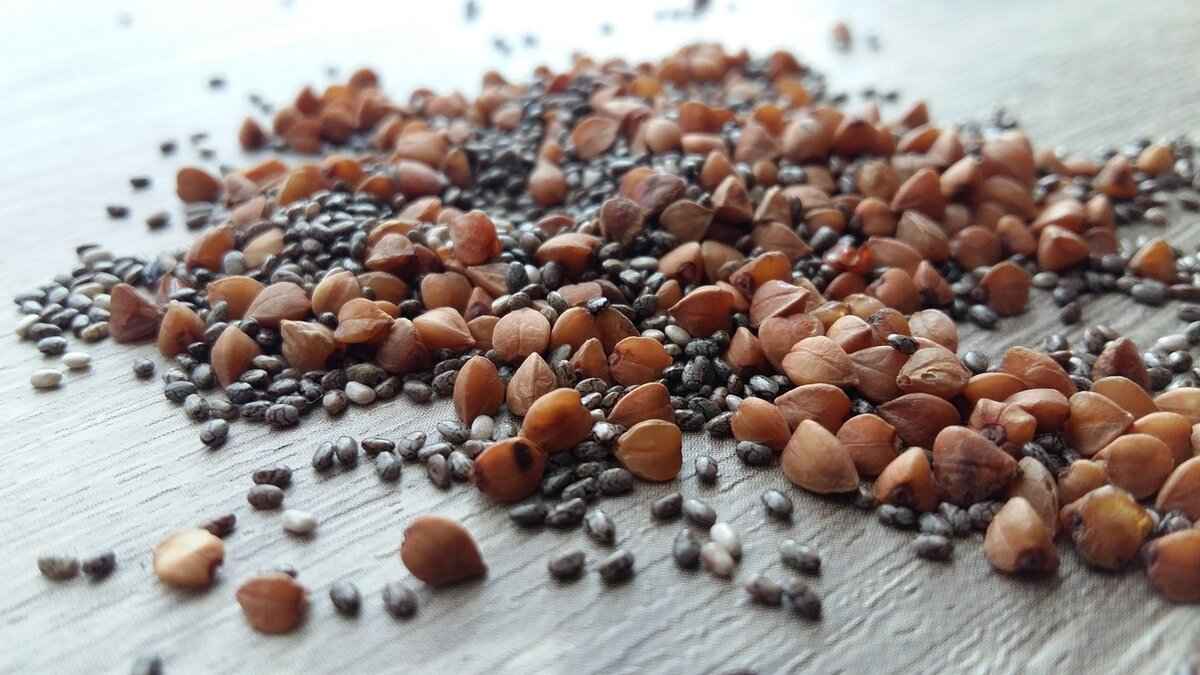
How Do Chia Seeds Benefit Heart Health?
Chia seeds, often hailed as a superfood, offer a myriad of health benefits, particularly for heart health. The omega-3 fatty acids found in these tiny seeds play a pivotal role in enhancing cardiovascular wellness. In this section, we will delve deeper into how chia seeds contribute to heart health and explore the mechanisms behind their effectiveness.
Omega-3 fatty acids are essential fats that the body cannot produce on its own. They must be obtained from dietary sources. Chia seeds are one of the richest plant-based sources of these vital nutrients, containing alpha-linolenic acid (ALA), a type of omega-3 fatty acid. The inclusion of ALA in the diet is linked to numerous health benefits, especially for the heart.
One of the significant advantages of omega-3 fatty acids is their ability to reduce inflammation in the body. Chronic inflammation is a major contributor to various cardiovascular diseases. By incorporating chia seeds into your diet, you can help mitigate this inflammation, potentially lowering the risk of heart disease. Studies have shown that diets rich in omega-3s can lead to decreased levels of inflammatory markers in the blood.
Chia seeds have also been linked to improved cholesterol levels. Regular consumption can help increase high-density lipoprotein (HDL) cholesterol, often referred to as the “good” cholesterol. HDL cholesterol is essential for heart health as it helps remove other forms of cholesterol from the bloodstream. Furthermore, chia seeds may assist in lowering low-density lipoprotein (LDL) cholesterol and triglycerides, both of which are risk factors for heart disease.
In addition to omega-3 fatty acids, chia seeds are rich in fiber, protein, and various micronutrients such as magnesium and potassium. These nutrients play crucial roles in maintaining heart health:
- Fiber: Promotes healthy digestion and helps regulate blood sugar levels, which can indirectly benefit heart health.
- Magnesium: Supports normal blood pressure levels and helps relax blood vessels, improving circulation.
- Potassium: Aids in maintaining proper electrolyte balance and reduces the risk of hypertension.
Incorporating chia seeds into your diet is simple and versatile. Here are some practical ways to enjoy them:
- Add them to smoothies for an extra nutrient boost.
- Mix them into oatmeal or yogurt for added texture and health benefits.
- Use them in baking, such as in muffins or energy bars.
- Create chia pudding by soaking seeds in milk or a milk alternative overnight.
While chia seeds are generally safe for most people, it’s essential to consume them in moderation. Due to their high fiber content, excessive intake can lead to digestive discomfort. It is advisable to start with a small amount and gradually increase your intake while ensuring adequate hydration.
In summary, the omega-3 fatty acids in chia seeds play a crucial role in reducing inflammation and improving cholesterol levels, which can significantly lower the risk of heart disease. By incorporating chia seeds into your daily diet, you can enjoy their numerous heart health benefits while enhancing your overall nutritional intake.
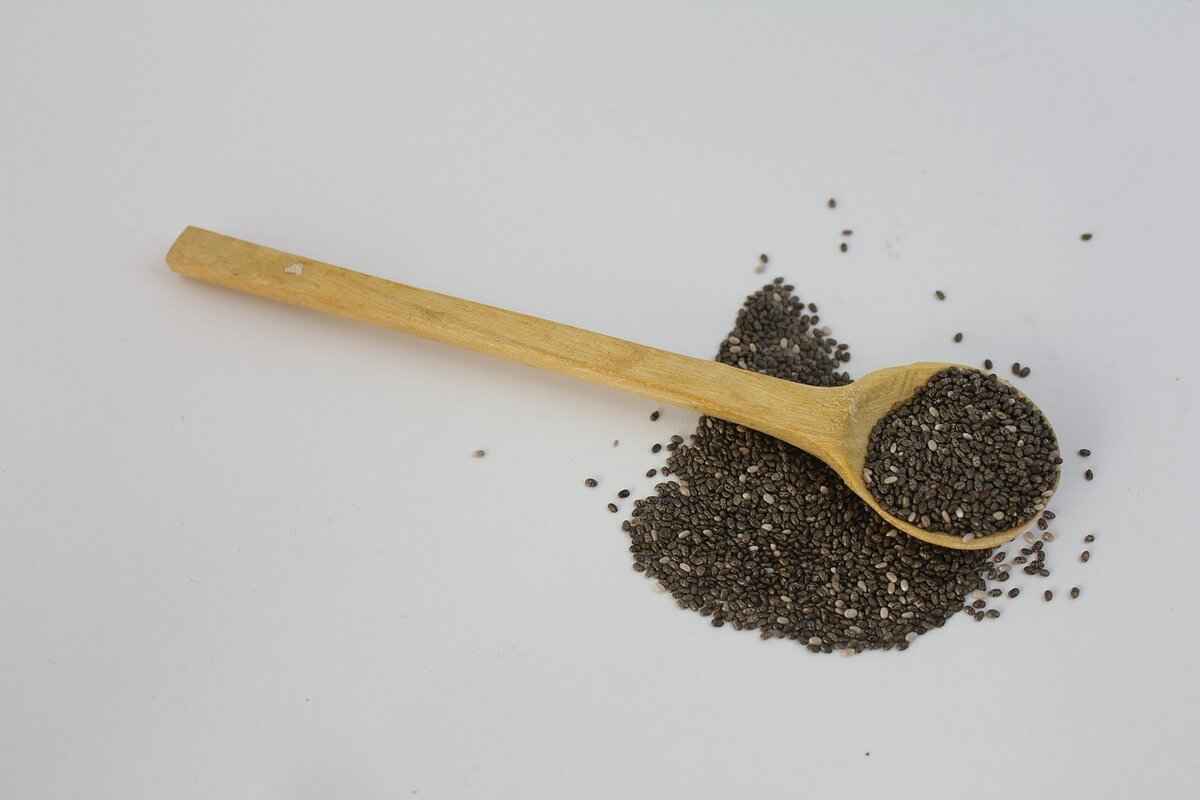
Can Chia Seeds Aid in Weight Management?
Chia seeds have gained significant attention in the health and wellness community for their remarkable properties, particularly in the realm of weight management. With an impressive nutritional profile, these tiny seeds can play a pivotal role in supporting weight loss efforts. In this section, we will explore how chia seeds can aid in weight management and the mechanisms behind their effectiveness.
High Fiber Content
One of the primary reasons chia seeds are beneficial for weight management is their exceptionally high fiber content. Just two tablespoons of chia seeds contain approximately 11 grams of fiber, which is about 30% of the recommended daily intake for adults. This fiber is largely soluble, meaning it absorbs water and expands in the stomach, creating a feeling of fullness.
Promoting Satiety
The gel-like consistency that chia seeds develop when mixed with liquid can significantly enhance feelings of satiety. This increased satiety can help reduce overall calorie intake by curbing hunger and preventing overeating. Research indicates that individuals who consume high-fiber foods tend to feel fuller for longer periods, which can lead to healthier eating patterns and reduced snacking throughout the day.
Regulating Blood Sugar Levels
Another way chia seeds contribute to weight management is by helping to regulate blood sugar levels. The soluble fiber in chia seeds slows down the digestion process, leading to a gradual release of glucose into the bloodstream. This stabilization of blood sugar levels can prevent the spikes and crashes that often lead to cravings for sugary snacks, thereby supporting weight loss efforts.
Low in Calories
Chia seeds are also relatively low in calories, making them an excellent addition to a weight loss diet. With only about 140 calories per ounce, they provide a nutrient-dense option that can enhance meals without significantly increasing caloric intake. Incorporating chia seeds into smoothies, salads, or yogurt can add nutritional value without the excess calories.
Versatile Incorporation
Incorporating chia seeds into your diet is easy and versatile. They can be added to a variety of dishes, such as:
- Smoothies
- Oatmeal
- Yogurt
- Baked goods
- Salads
Additionally, chia seeds can be used to create chia pudding, a popular and nutritious snack that is both filling and satisfying. By mixing chia seeds with your choice of milk or yogurt and allowing them to sit, you create a delicious pudding that can be enjoyed at any time of the day.
Conclusion
In summary, chia seeds can be a beneficial addition to your weight management strategy. Their high fiber content promotes satiety, helps regulate blood sugar levels, and provides a low-calorie option that can enhance the nutritional value of meals. By incorporating chia seeds into your diet, you may find it easier to manage your weight effectively while enjoying a variety of delicious and healthy foods.
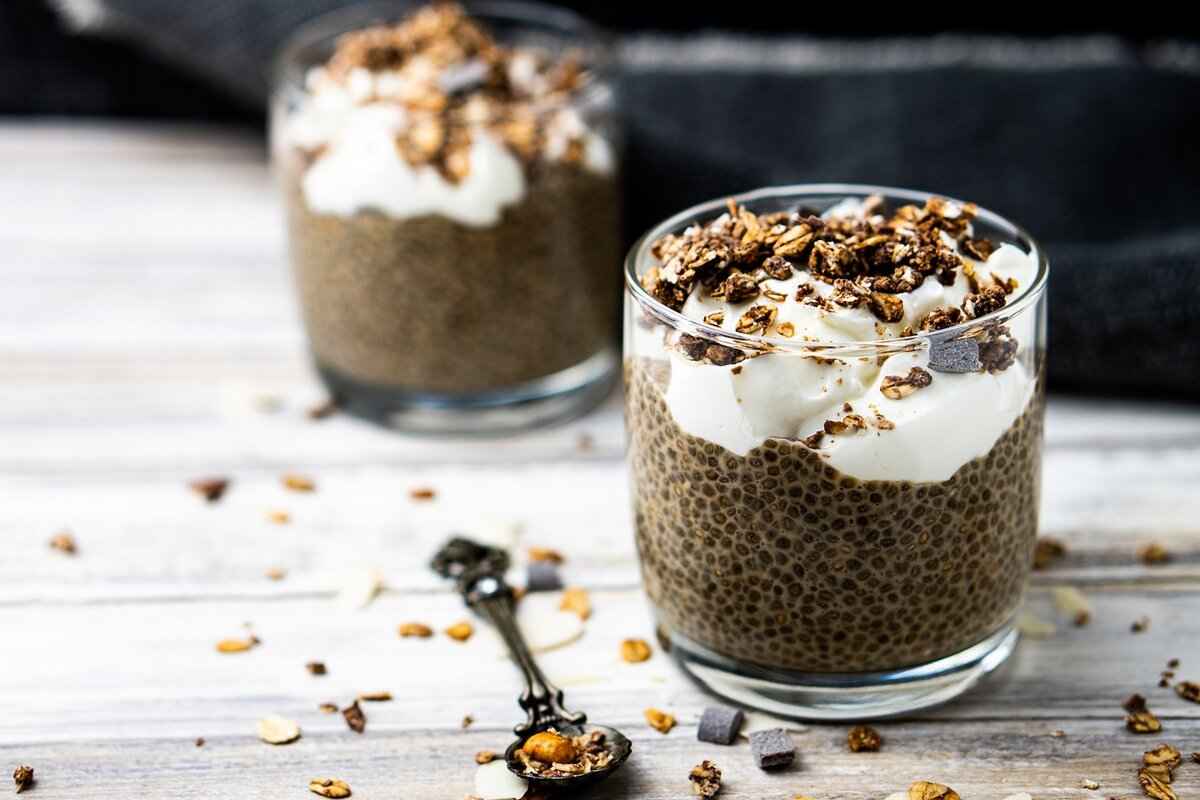
How Do Chia Seeds Support Digestive Health?
Chia seeds have gained immense popularity in recent years, and one of the primary reasons for this is their remarkable ability to support digestive health. These tiny seeds are packed with a type of soluble fiber that plays a crucial role in maintaining a healthy digestive system. In this section, we will explore how chia seeds can enhance your digestive function and overall gut health.
The soluble fiber found in chia seeds absorbs water and forms a gel-like substance. This unique property not only aids in digestion but also helps to regulate bowel movements. When consumed, chia seeds can expand in the stomach, promoting a feeling of fullness and reducing the likelihood of overeating. This can be particularly beneficial for those looking to manage their weight while ensuring proper digestive function.
Constipation is a common digestive issue that affects many individuals. The high fiber content in chia seeds plays a vital role in preventing this condition. By absorbing water, the fiber swells and creates a bulkier stool, making it easier to pass. Regular consumption of chia seeds can help maintain regular bowel movements and alleviate discomfort associated with constipation.
A healthy gut microbiome is essential for overall digestive health. The soluble fiber in chia seeds acts as a prebiotic, providing nourishment for beneficial gut bacteria. By promoting the growth of these good bacteria, chia seeds can enhance gut health, improve nutrient absorption, and support the immune system. A well-balanced gut microbiome is linked to numerous health benefits, including improved digestion and reduced inflammation.
- Chia Pudding: Combine chia seeds with your choice of milk or yogurt and let them soak overnight for a delicious and nutritious breakfast.
- Smoothies: Add a tablespoon of chia seeds to your favorite smoothie for an extra fiber boost.
- Salads: Sprinkle chia seeds on salads or mix them into dressings for added texture and nutrition.
- Baked Goods: Incorporate chia seeds into muffins, bread, or energy bars for a healthy twist.
To reap the digestive benefits of chia seeds, it is generally recommended to consume about 1 to 2 tablespoons per day. However, it’s essential to increase your intake gradually to allow your digestive system to adjust. Additionally, drinking plenty of water is crucial when consuming chia seeds, as this helps the seeds expand and function effectively in the digestive tract.
While chia seeds are safe for most people, some may experience digestive discomfort if consumed in excess. It’s vital to listen to your body and adjust your intake accordingly. If you have existing digestive issues or concerns, consulting with a healthcare professional before adding chia seeds to your diet can provide personalized guidance.
In summary, chia seeds are a remarkable addition to any diet, particularly for those seeking to improve their digestive health. With their unique fiber content, they support regular bowel movements, promote a healthy gut microbiome, and can be easily incorporated into various meals. Embracing chia seeds can lead to significant improvements in your overall digestive wellness.

What Are the Antioxidant Properties of Chia Seeds?
Chia seeds are not only celebrated for their nutritional profile but also for their impressive antioxidant properties. These tiny seeds are packed with a variety of compounds that help combat oxidative stress, a condition that arises from an imbalance between free radicals and antioxidants in the body. Understanding how chia seeds function as antioxidants can provide insight into their role in promoting overall health and well-being.
Antioxidants are molecules that neutralize free radicals, which are unstable atoms that can cause cellular damage. This damage is linked to various chronic diseases such as heart disease, diabetes, and cancer. By incorporating antioxidants into your diet, you can help protect your cells from this harmful oxidative stress.
Chia seeds are rich in several types of antioxidants, including:
- Quercetin: Known for its anti-inflammatory properties, quercetin may help reduce the risk of chronic diseases.
- Chlorogenic acid: This compound has been shown to lower blood pressure and improve heart health.
- Caffeic acid: An antioxidant that can enhance immune function and reduce inflammation.
These antioxidants work synergistically to provide a protective effect against oxidative damage.
The antioxidants found in chia seeds contribute to various health benefits, including:
- Reducing inflammation: Chronic inflammation is a precursor to many diseases. The anti-inflammatory properties of chia seed antioxidants can help mitigate this risk.
- Supporting heart health: By lowering blood pressure and improving cholesterol levels, antioxidants in chia seeds promote better cardiovascular health.
- Enhancing skin health: Antioxidants can help protect the skin from damage caused by UV rays and pollution, contributing to a more youthful appearance.
Research suggests that a diet rich in antioxidants can lower the risk of developing chronic diseases. By regularly consuming chia seeds, you may benefit from their protective effects against conditions such as:
- Heart disease: Antioxidants can help maintain healthy blood vessels and reduce cholesterol levels.
- Type 2 diabetes: The anti-inflammatory properties may improve insulin sensitivity.
- Cancer: Some studies indicate that antioxidants can inhibit the growth of cancer cells.
To fully harness the antioxidant power of chia seeds, consider these practical tips:
- Soak them: Soaking chia seeds in water or other liquids before consumption can enhance their digestibility and nutrient absorption.
- Combine with other superfoods: Pair chia seeds with fruits and vegetables that are also high in antioxidants for a nutrient-dense meal.
- Incorporate into meals: Add chia seeds to smoothies, salads, or baked goods to boost your antioxidant intake effortlessly.
In conclusion, the antioxidant properties of chia seeds make them a valuable addition to a healthy diet. By protecting cells from oxidative stress and reducing the risk of chronic diseases, these tiny seeds truly deserve their status as a superfood. Incorporating them into your daily routine can lead to significant health benefits, supporting your journey towards optimal wellness.

How Can You Incorporate Chia Seeds into Your Diet?
Chia seeds are not only nutritious but also incredibly versatile, making them an excellent addition to a variety of meals and snacks. These tiny seeds can enhance the nutritional profile of your diet in numerous ways. Here are some creative and delicious methods to incorporate chia seeds into your daily meals.
Adding chia seeds to your smoothies is a fantastic way to increase their fiber and omega-3 content. Simply blend your favorite fruits, vegetables, and a tablespoon of chia seeds for a nutrient-packed drink. The seeds will absorb some liquid, creating a thicker texture that makes your smoothie even more satisfying.
Enhance your morning oatmeal by stirring in chia seeds. They not only add a delightful crunch but also provide additional protein and fiber, keeping you full longer. For an extra flavor boost, try mixing in fruits, nuts, or a drizzle of honey.
Mix chia seeds into your yogurt for a nutritious snack or breakfast. The seeds will swell and create a pudding-like consistency, making your yogurt more filling. Top it off with fresh fruits, granola, or a sprinkle of cinnamon for added flavor.
Incorporate chia seeds into your baked goods such as muffins, bread, or pancakes. You can substitute a portion of the flour with ground chia seeds or add whole seeds for added texture. This not only boosts the nutritional value but also enhances the flavor of your favorite recipes.
Chia pudding has gained popularity as a nutritious and easy-to-make snack. To prepare, simply mix chia seeds with your choice of milk (dairy or plant-based), sweetener, and flavorings like vanilla or cocoa powder. Let it sit in the refrigerator for a few hours or overnight until it thickens. Serve it with toppings such as fruits, nuts, or coconut flakes for a delicious treat.
Sprinkle chia seeds on top of your salads for a nutritious crunch. They add texture and enhance the overall health benefits of your meal. Combine them with other seeds and nuts for a delightful salad topping.
Chia seeds can also be used as a natural thickening agent in soups and stews. Their ability to absorb liquid makes them perfect for creating a heartier dish. Just stir in a tablespoon or two during cooking, and watch your meal transform.
Make your own energy bars by combining oats, nut butter, dried fruits, and chia seeds. Press the mixture into a pan, refrigerate until firm, and then cut into bars. These homemade snacks are perfect for on-the-go energy.
Incorporating chia seeds into your diet is easy and rewarding. With their numerous health benefits and versatility, they can enhance a variety of dishes, making healthy eating enjoyable. Whether you prefer them in smoothies, baked goods, or as a pudding, chia seeds are a must-have superfood for anyone looking to boost their nutrition.

Are There Any Potential Side Effects of Chia Seeds?
Chia seeds are often hailed as a superfood due to their numerous health benefits, but like any food, they can have potential side effects, especially when consumed in large quantities. Understanding these side effects is crucial for anyone looking to incorporate chia seeds into their diet.
While chia seeds are generally safe for most people, some individuals may experience digestive discomfort if they consume them in excess. This discomfort can manifest as bloating, gas, or even constipation. The reason behind this is primarily due to their high fiber content. Chia seeds contain about 11 grams of fiber per ounce, which is a significant amount. If someone suddenly increases their fiber intake without allowing their digestive system to adjust, it can lead to these uncomfortable symptoms.
To mitigate potential digestive issues, it is essential to introduce chia seeds gradually into your diet. Start with a small amount, such as one teaspoon per day, and slowly increase the quantity as your body adjusts. Additionally, drinking plenty of water is crucial when consuming chia seeds. When chia seeds are mixed with liquid, they absorb up to 10-12 times their weight in water, forming a gel-like substance. This property can be beneficial for digestion but can also cause issues if the seeds are not adequately hydrated before consumption.
Another potential concern is the allergic reactions that some individuals may experience. Although rare, allergies to chia seeds can occur, leading to symptoms such as itching, swelling, or difficulty breathing. If you have a history of allergies to other seeds or nuts, it may be wise to consult with a healthcare provider before adding chia seeds to your diet.
Some individuals who are on certain medications, particularly blood thinners, should also exercise caution. Chia seeds are high in omega-3 fatty acids, which can have a blood-thinning effect. If you are taking anticoagulant medications, it is advisable to discuss your chia seed consumption with your doctor to avoid any potential interactions.
In summary, while chia seeds are a nutritious addition to many diets, it is essential to consume them mindfully. Start with small amounts, ensure adequate hydration, and be aware of any personal allergies or medication interactions. By following these guidelines, you can enjoy the numerous health benefits of chia seeds while minimizing the risk of side effects.
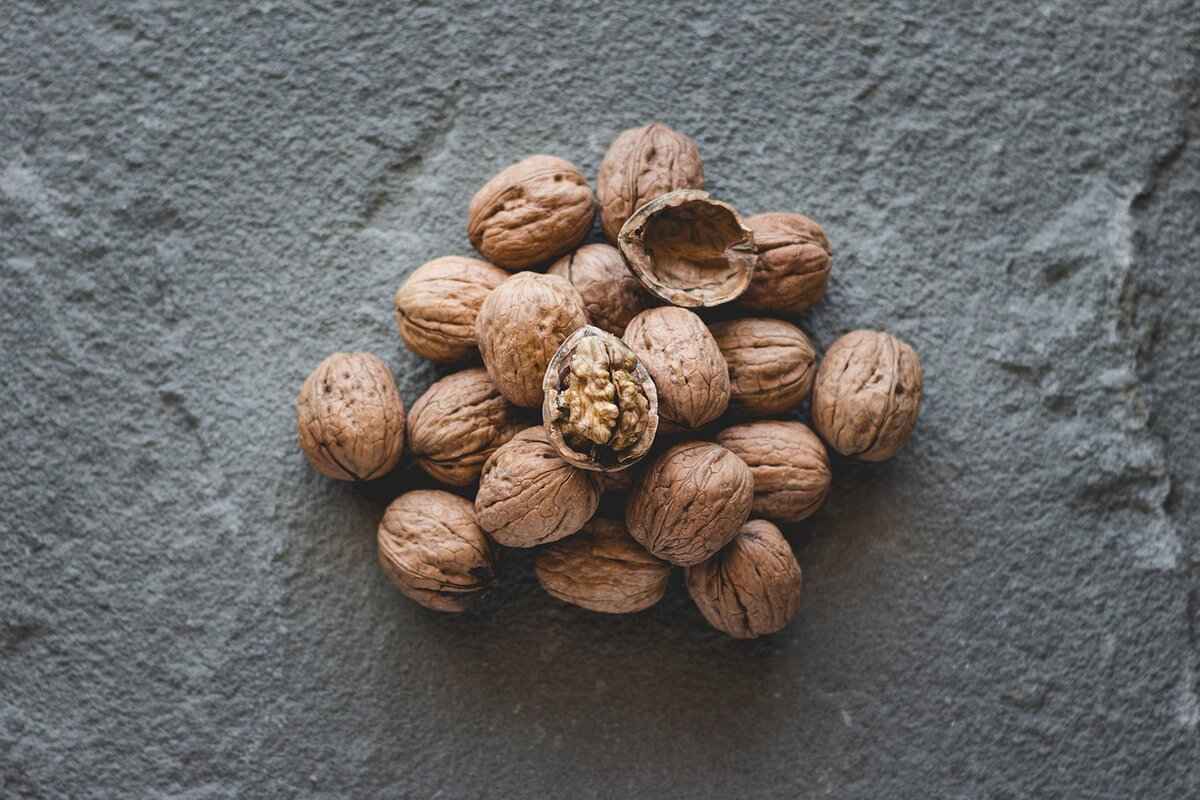
Where to Buy Quality Chia Seeds?
When it comes to purchasing chia seeds, consumers are often faced with a myriad of choices. These tiny seeds have gained immense popularity due to their numerous health benefits, making them a staple in many households. However, not all chia seeds are created equal, and understanding where to buy quality options is essential for maximizing their nutritional value.
Chia seeds can be found in various retail outlets, including health food stores, supermarkets, and online platforms. Each of these options has its own advantages and disadvantages, making it important to choose wisely based on your preferences and needs.
- Health Food Stores: These specialized stores often carry a selection of organic and non-GMO chia seeds. They tend to focus on high-quality products, and staff may provide valuable insights into the best options available.
- Supermarkets: Many mainstream supermarkets now stock chia seeds, often in the health food aisle. While convenient, it’s crucial to check the labels for quality indicators such as organic and non-GMO certifications.
- Online Retailers: Shopping online offers a vast selection of chia seeds, allowing you to compare prices and read customer reviews. Look for reputable websites that provide detailed product descriptions and sourcing information.
To ensure you are purchasing the best quality chia seeds, consider the following factors:
- Organic Certification: Opt for chia seeds that are certified organic to avoid harmful pesticides and chemicals.
- Non-GMO: Choose non-genetically modified options to ensure you are consuming seeds that have not been altered at the genetic level.
- Freshness: Check the packaging date to ensure the seeds are fresh. Chia seeds can lose their nutritional value over time, so look for products with a longer shelf life.
- Packaging: Seeds should be stored in airtight, opaque containers to protect them from light and moisture, which can degrade their quality.
While personal preference plays a role, some brands are frequently recommended for their quality and sourcing practices. Look for brands that prioritize sustainability and transparency in their supply chain. Popular options include:
- Nutiva: Known for their commitment to organic farming and sustainable practices.
- Healthworks: Offers high-quality, non-GMO chia seeds with positive customer reviews.
- Navitas Organics: Focuses on superfoods and provides a range of chia seed products.
Before making a purchase, it can be helpful to read reviews and testimonials from other consumers. Websites that specialize in health foods often have user reviews that can guide your decision. Additionally, consider joining online forums or social media groups focused on health and nutrition, where members share their experiences and recommendations.
In summary, buying quality chia seeds requires a bit of research and attention to detail. By considering factors like organic certification, freshness, and sourcing practices, you can ensure that you are getting the most nutritious product possible. Whether you shop in-store or online, being informed will help you make the best choice for your health and wellness.
Frequently Asked Questions
- What are the main health benefits of chia seeds?
Chia seeds are packed with omega-3 fatty acids, fiber, and protein, which contribute to heart health, digestive function, and weight management. They help reduce inflammation and improve cholesterol levels, making them a fantastic addition to your diet.
- How can I incorporate chia seeds into my meals?
You can sprinkle chia seeds on smoothies, mix them into yogurt, add them to oatmeal, or use them in baked goods. They also make a delicious chia pudding when soaked in liquid, creating a nutritious and satisfying snack!
- Are there any side effects of consuming chia seeds?
While chia seeds are generally safe, consuming them in large quantities may lead to digestive discomfort for some individuals. It’s best to start with a small amount and increase gradually, ensuring you drink plenty of water.
- Where can I buy high-quality chia seeds?
You can find chia seeds in health food stores, supermarkets, and online retailers. Look for organic and non-GMO options to ensure you’re getting the best quality and nutritional benefits.
- How should I store chia seeds?
To maintain their freshness, store chia seeds in a cool, dry place, preferably in an airtight container. They can last for several months when stored properly, so you can enjoy their benefits for a long time!














